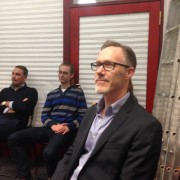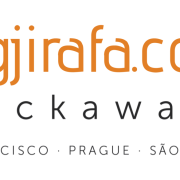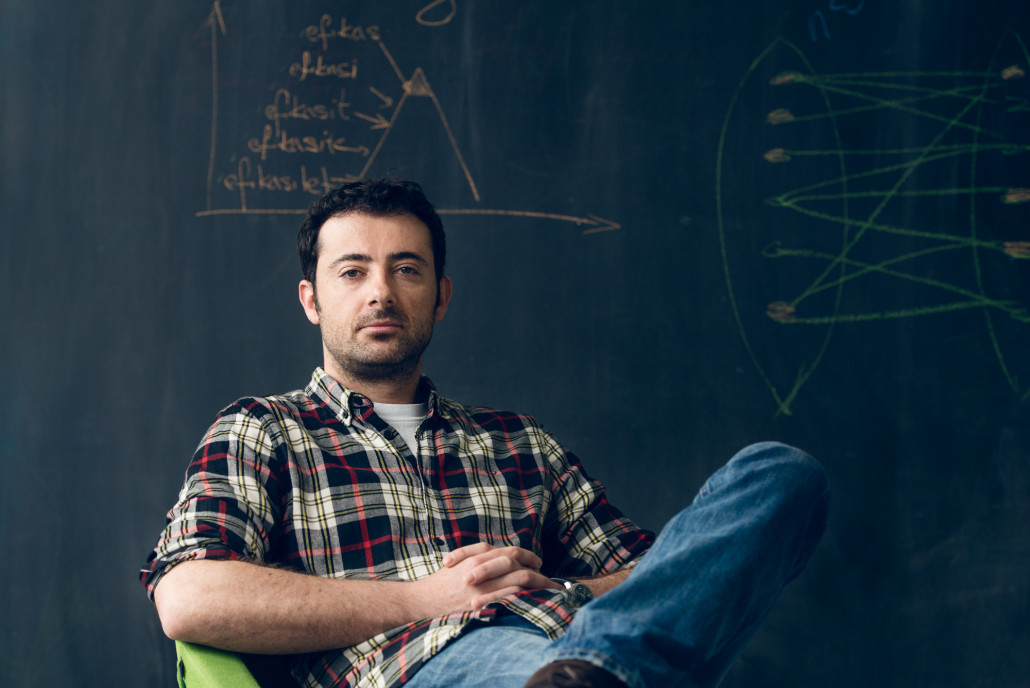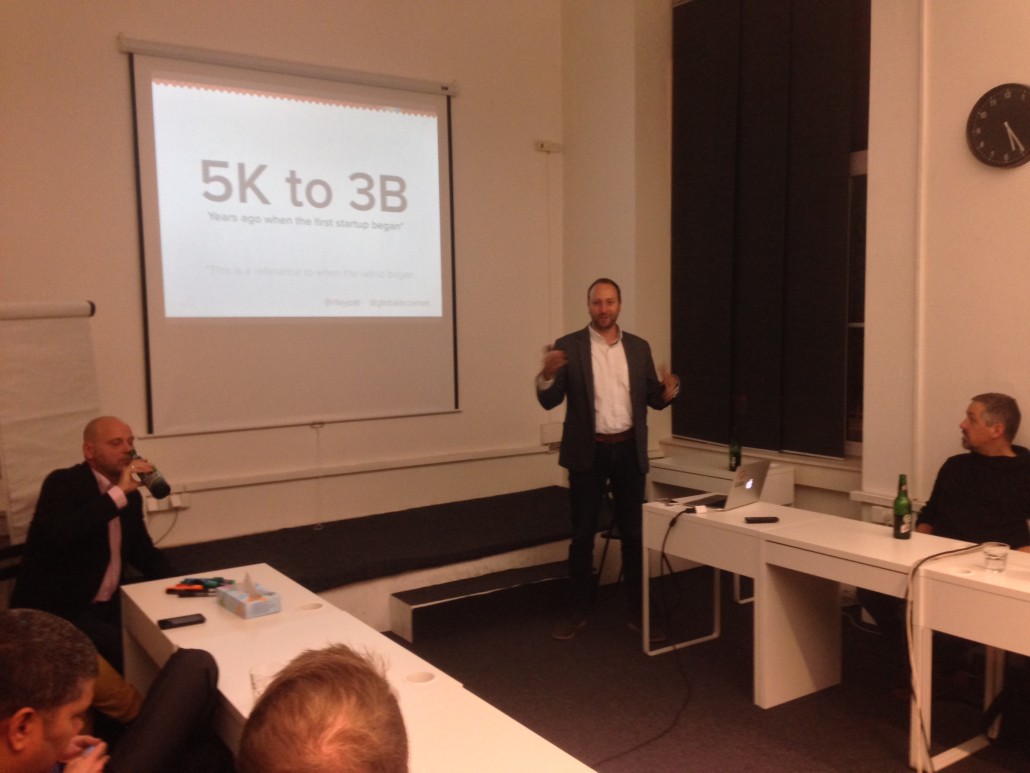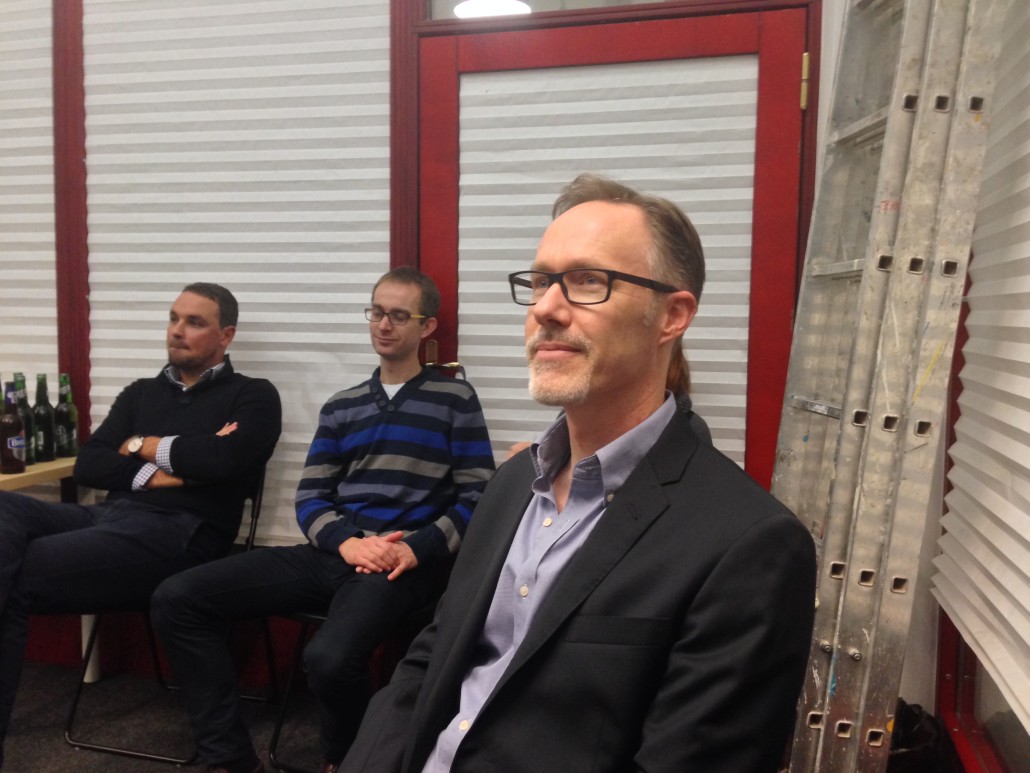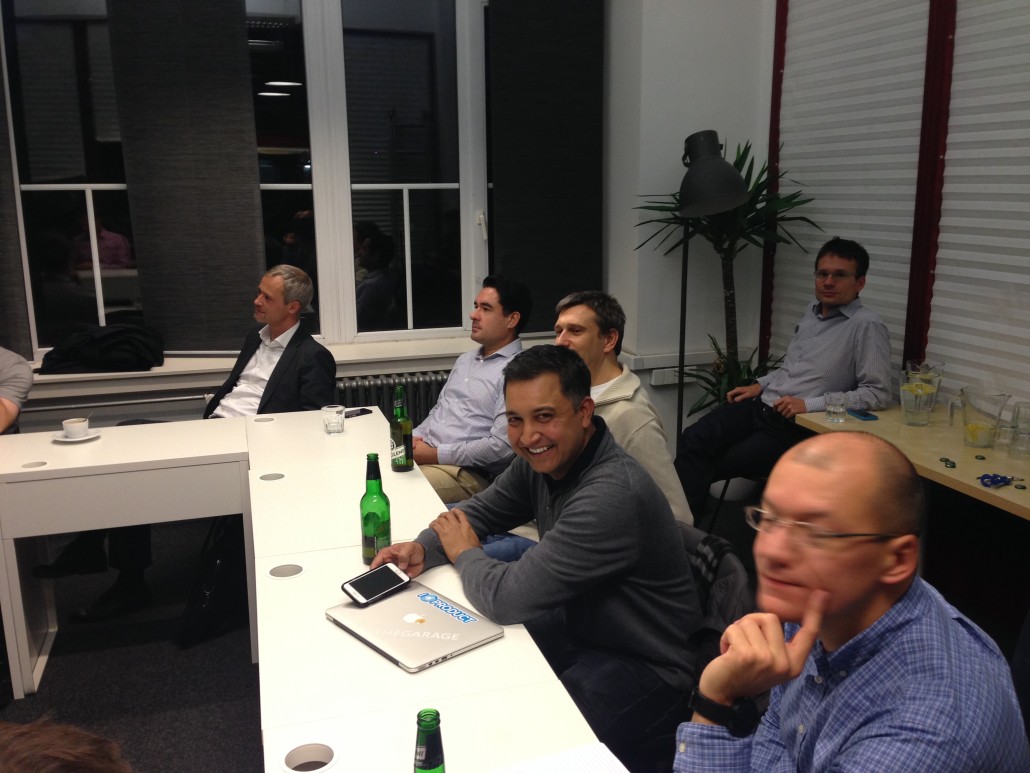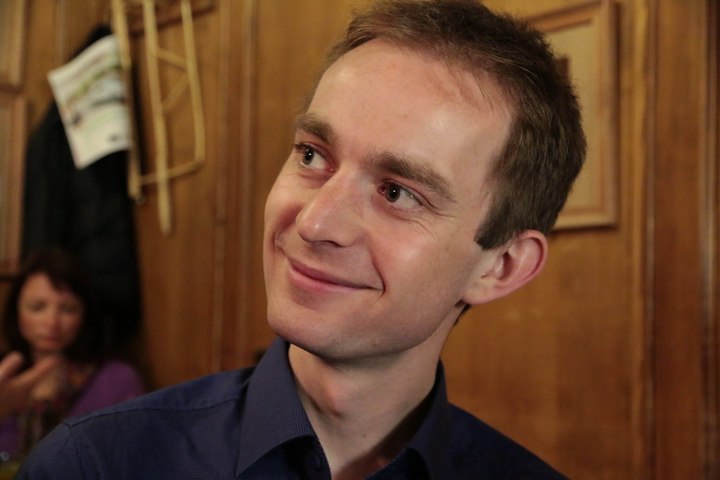We talk to mentors, investors, entrepreneurs, and startup founders on a daily basis at StartupYard. Just last week, we hosted an in-depth discussion with Ales Teska, of TeskaLabs, who recently moved his company to London, about the Czech startup ecosystem, and how it compares (or doesn’t) with its London counterpart.
We’ve also hosted several interviews recently with StartupYard mentors and investors such as Andrej Kiska and Ondrej Krajicek, that focused among other things, on the impact that government policies can have on the startup ecosystem.
We often trumpet the benefits of doing business in the Czech Republic, and those benefits are very real. A low cost of living, low cost of doing business environment with a high number of skilled IT workers and engineers makes the Czech Republic competitive in the world of startups.
But good enough, for us, just isn’t good enough. Here are a few ways we think we (and other startup ecosystems) could do better through smarter government.
Starting Off Equal
Here we’re going to take the long view, and look at Europe as a whole. While, as Andrej Kiska pointed out in his interview with me in July, incorporation may be relatively easy in the Czech Republic, from his perspective as a partner at Credo Ventures, that doesn’t mean that the current regime is encouraging people to start new companies.
Incorporation may be easy if dealing with corporate structures is your day job. But entrepreneurs are engineers, artists, artisans, and inventors. They are not lawyers or accountants, and most aren’t even sure of which kind of lawyers and accountants they might need to hire to get the job done.
Incorporation in the Czech Republic still takes time, paperwork, signatures, notaries, bank accounts, identification, and in-person visits to various offices and departments. Contrast that with founding a company in the UK, where the process is fully electronic and fully supported by Gov.uk, or even better, founding a company in Estonia, a world leader in digital entrepreneurship innovation, where it takes literally minutes to have a company off the ground.
An entrepreneur in Estonia is already off and running for virtually no cost, while one in the Czech Republic is waiting for a criminal background check, registering a trade license, paying for notaries and articles of association, waiting in line at the bank and many other details, and spending about 30 days (minimum) and over 1,000 Euros for the privilege of doing all that.
In startupland, the costs of failure determine our appetite for risk. We should be taking more risks, more often, and we should be minimizing the costs of failure.
A Europe-wide, single framework for starting a business should be created to allow companies in any European country to start businesses in a single legal environment, in as short a time as possible. The system should be flexible enough to allow different companies to operate under the laws of their respective countries, but simple enough to allow anyone to start a business anywhere, whether or not they are a citizen, or even a long term resident of that state.
Estonia has proven with its digital residency program, that a paperless bureaucracy can better adapt to the needs of the modern digital economy. We need such programs Europe-wide.
Investor Incentives
Startup ecosystems depend upon and thrive on the investments of angels and VCs who are aware of the risks. We have talked here often about the risk aversion of Czech investors, who are reputed for their conservativeness. While that may only be partly true, it is no secret that the Czech Republic does have a smaller volume of such investments than neighboring countries like Germany, or France, even accounting for their larger populations.
We need to encourage investment in riskier ventures like startups, by offering a combination of tax incentives and government backed investment matching programs for startups and their investors to take advantage of.
This year, StartupYard has taken advantage of FiWare, an EC grant program which has allowed us to tie our recommendations for the allocations of grants to the success of individual startups raising money after our program. Through this program, we were part of the fund that helped raise 337K Euros for TeskaLabs, the fastest raised pre-seed funding round in Czech history. Our ability to help TeskaLabs meet their immediate needs, grow their sales pipeline, and become a more attractive opportunity for private investors.
The Czech Republic, along with individual municipalities and regional authorities, should replicate that success by funding grant programs that go directly to startups, by supporting existing venture capital deals, and make them even more enticing to investors.
The prevailing system forces startups to seek grants alongside private investments. But as Ondrej Krajicek detailed in his interview with me recently, this is the wrong way around:
“It happens to us from time to time as well that companies approach us with projects that don’t really need our involvement, but need a corporate partner for government funding. I don’t accept these sorts of arrangements as a rule.
We have projects at Y Soft that also seek public funding – I find myself in an awkward situation thinking: how can we differentiate as a real project with these projects designed to get funding? We are a real project, not one designed to meet the specifications of a grant, so we ironically have less of a chance of getting the funding for that. And that isn’t the way it is supposed to work.” – Ondrej Krajicek, Y Soft Ventures
The government should not be in the business of deciding which startups deserve investment capital. That produces companies that get investments because they’re good at convincing the government to give it to them, not convincing customers to buy from them or real investors to invest in them. Instead, the government should support qualified investors by giving them incentives to invest, including matching funds on all their startup investments.
To push new investors and high net worth people to invest in technology, startups should be classed as a special investment category, and investors should be allowed to deduct their investments in startups from capital gains taxes.
Social and Employment Incentives
As Ales Teska noted in his talk with us at StartupYard FastLane last week, a startup founder can expect to spend most of his or her time during the company’s initial growth phase, in hiring new employees. The Czech Republic is not lacking in talent, but startups have few competitive advantages against big employers who can offer not only competitive salaries, but also benefits.
The government should incentivize startup hiring by making it easier and less costly to leave the corporate environment, and join a startup. It can do this by subsidizing the costs of health and social insurance for startups hiring their first employees, within the first few years of operation.
This would allow startups to cut the costs of hiring, and pass the savings on to their employees, and it would discourage small companies from only hiring “sole trader” contractors who subsidize their own social and health insurance, and have little to no job security. Today, a large number of small companies abuse the Zivnostenski List (Sole Trader) system, because the costs of hiring employees directly are prohibitively high.
Welcoming Immigrants
The Czech population has remained virtually steady for over 50 years, while the population has continued to age. As is true in many developed European countries, the Czech birth rate dropped below replacement rate (the rate at which the population has enough children to replace themselves, about 2.1 births per couple), in 1980, with the average lifetime birth rate reaching a low of 1.13 in 1999, and rising slowly to 1.53 last year.
At current birth rates, without an increase in immigration, the Czech population could fall by as much as 30% in the next 30 years. Up to 100,000 fresh immigrants might be needed every year to keep the population steady at the current level, and avoid a demographic and fiscal crisis. Meanwhile, Czech government policy has been lax at best about confronting future challenges.
Shamefully, The Czech Republic waited until only last year to amend its citizenship laws to recognize Czech-born foreigners who had lived their whole lives in the Czech Republic as deserving of automatic citizenship. Before that, 2nd and even 3rd generation Ukrainian, Polish, and Vietnamese residents were not necessarily eligible for citizenship in the only country they had ever known.
In addition, today, a foreigner’s time spent as a full-time student in the Czech Republic counts at only half the normal rate when it comes to qualifying for permanent residence. At the same time, foreigners who study in the Czech language attend university for free.
This means that the Czech Republic is financing foreign students to get university degrees, and then discouraging them from staying and contributing to the Czech economy by becoming permanent residents. This is not only unfair, it is idiotic. Foreign students are exactly the people we need in our workforce.
The government should abolish immigration laws which limit the eligibility of foreign students to obtain permanent residency and work permits after receiving university degrees in the Czech Republic.
Currently, fully half of medical school graduates in the Czech Republic emigrate every year. Figures aren’t available for IT workers, but the numbers certainly high.
Accelerators in the US, not a country where immigration is easy, manage to get visas for their visiting teams within about 2 weeks. StartupYard averages 2 months. In addition, companies incorporated by foreigners face a never ending string of pointless administrative challenges.
We need sensible but aggressive programs for attracting and retaining talent.
The government should also create special entrepreneurial visa categories for startups that are capitalized, and which choose to base their operations in the Czech Republic.
Hiring foreign workers should be getting easier as the population ages. Not harder. With the Czech Republic’s low unemployment, more skilled workers are needed to meet the needs of the digital economy.
Education and Language
Speaking of education, here is a point where the Czech Republic remains fairly competitive. There are a large number of high-skilled and medium-skilled IT workers, engineers, and programmers leaving Czech educational institutions and seeking jobs here and abroad.
While English fluency is stronger among IT workers than the general population, it remains significantly weaker than in the same population in Germany. As a whole, this country rates a score of 57.42 on the EF English Proficiency Index, ranking 19th of 63 countries ranked. That is better than Spain, South Korea, Italy, Slovakia, and even France, but we still lag behind Germany (at no. 10), Estonia (no. 8), Poland (no. 6), and all the Scandinavian countries (which occupy all the top 5 positions).
English proficiency is a key determiner of economic competitiveness. The Economist calculates that a second language (other than English) contributes to as much as a 4% rise in lifetime earnings for individuals from Britain. Though no comprehensive studies exist, some evidence suggests that English fluency for non-native speakers can increase individual earning potential by more than 30% on average. In the IT field, that number is bound to be even higher.
The Czech system should take cues from the most successful European education systems when it comes to English. Ample evidence shows that early childhood education in languages is vastly superior to education in teenage and early adult years. Denmark, the highest rated country on the EF index, begins compulsory English education at the age of 6. In addition, children’s programming from Britain and America is not dubbed, as it is in the Czech Republic.
In addition, there is little overlap in the Czech higher education system between engineering and hard sciences, and soft sciences like economics, business, psychology, and communications. American entrepreneurs benefit from a liberal education system, in which graduates are required to gain a rounded education to complement their specializations.
In California, for example, engineering students are explicitly exempt from the state cap on enrollment length in state universities, meaning that engineering students may seek complementary degrees in any subject offered. There is no need even to apply for enrollment in these programs as an engineering or computer science student. As a result, a majority of undergraduates in California now attend university for 5 years, and most now gain two undergraduate degrees.
Czech undergraduates should be encouraged to seek multidisciplinary degrees that bridge engineering, computer sciences, soft sciences and the arts. Entrepreneurs need to be well rounded in all these areas in order to compete internationally.
Legal Incentives
I touched earlier on the costs of starting a business in the Czech Republic. These costs should be zeroed out, and incorporation should be liberalized to allow anyone to start, and shut down a startup quickly and easily.
As Ondrej Krajicek noted on our blog earlier this summer: “[In the Czech Republic] failure equals punishment. When you fail and your project goes bankrupt, the state punishes you and the society punishes you. Instead of appreciating that you tried and failed, you are the one who’s bankrupt. Moreover, you cannot even establish new business for some time, not to mention the social stigma.”
Czech banks still practice the blacklisting of corporate officers who shut down companies and cancel corporate accounts, making it more difficult (and expensive) to found new companies. This practice should end, and the government should encourage banks to work more openly with small businesses and startups.
In addition, the Czech Republic should stringently avoid such anti-investment policies as Spain’s recent proposed tax reforms, which punish investors and startups that expand abroad by making them pay capital gains taxes on their market value, even when that position is not liquid.
Business and Political Culture
As Red Herring wrote last month about the Czech ecosystem, and the role of the government in supporting it, there is little practical support coming from the current government. There was not much anyone could say on the Zeman government’s behalf. Contrasted with Slovakia, and President Andrej Kiska’s bullish view of startups and innovation, the Czech government seems positively old-fashioned.
The Czech finance minister, Andrej Babis, recently attended the Czech Invest trip to Silicon Valley with startup alum Vit Horky of Brand Embassy, and our own Philip Staehelin, Exec in Residence at StartupYard in 2015.
This was a bit of an about-face for Babis, who famously called startups and small business development “ cliches and bullshit,” (in Czech: “klišé a kecy”), in an interview last year. He called for Czechs to focus on traditional, established businesses.
This rank of old Czech businessmen see startups as full of hobbyists and tinkerers who are long on ideas and short on real business solutions. That might have been true in 1992, but meanwhile, the Czech Republic has spawned Seznam, a one-time startup that now competes head-to-head with Google for the Czech search market. And we need not even mention Avast, AVG, SocialBakers, Apiary, or a dozen others. They were all startups once.
This is disappointingly myopic, but not atypical for a Czech politician, who sees the contribution of startups as secondary to those of large industries like heavy manufacturing, mining, energy production, or even tourism. But it’s wrongheaded too.
The startups ecosystem breeds innovative new solutions that can transform whole industries. Startups work best on the bleeding edge of innovation, and can afford to take risks and make predictions that large businesses can’t. A healthy national economy requires a healthy, competitive startup ecosystem.
Would Babis welcome a DropBox, a SoftLayer, or a SendGrid in the Czech Republic? He would have to accept that these billion dollar companies started out as “cliches and bullshit,” as all startups inevitably do.
The Czech Republic needs wise leaders who lean into the future, rather than dismissing the work of startups and innovators in this way. Politicians who are not captives to traditional business interests will see the potential for Czech startups to achieve success on the world stage. We need the government to take the startup ecosystem seriously, as its counterparts have done in Berlin, London, and Washington, and wake up to the 21st century economy.


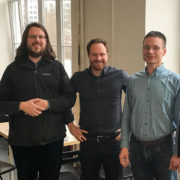


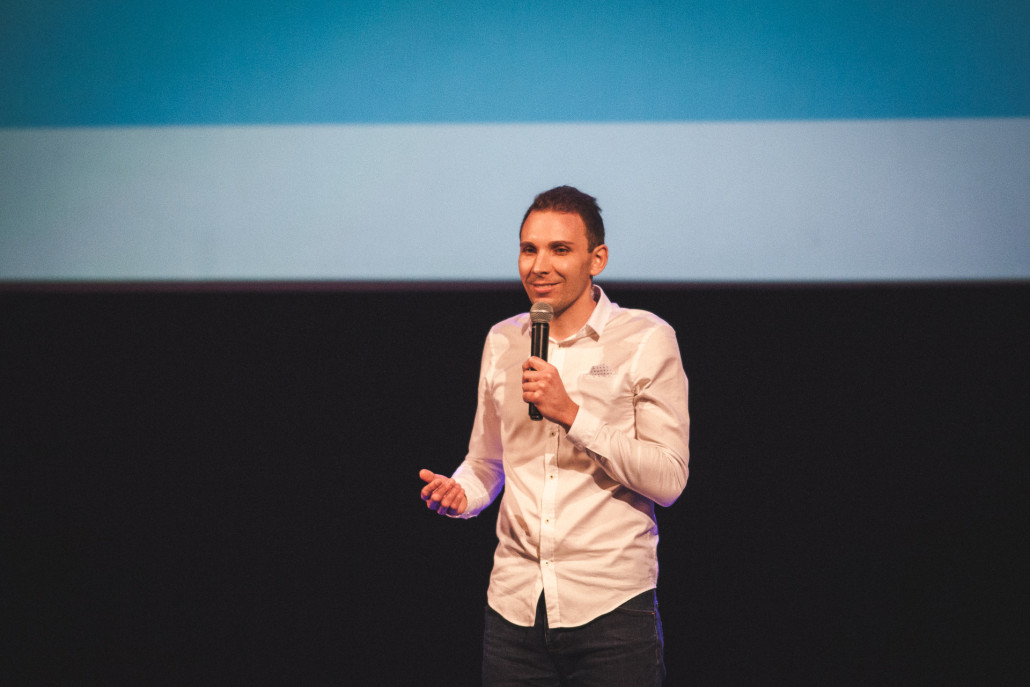

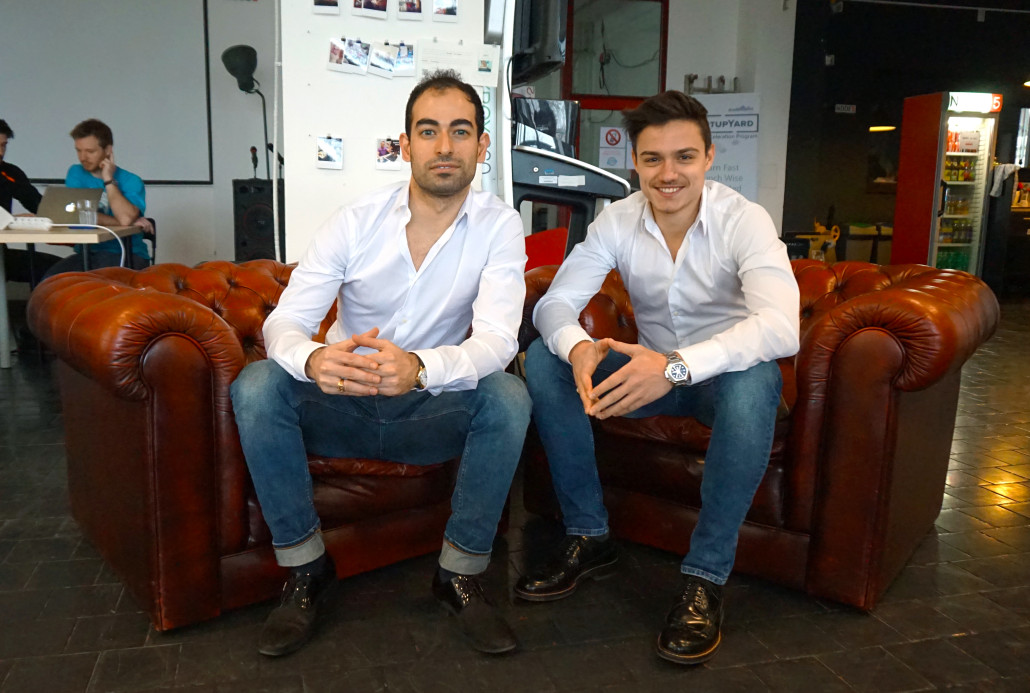
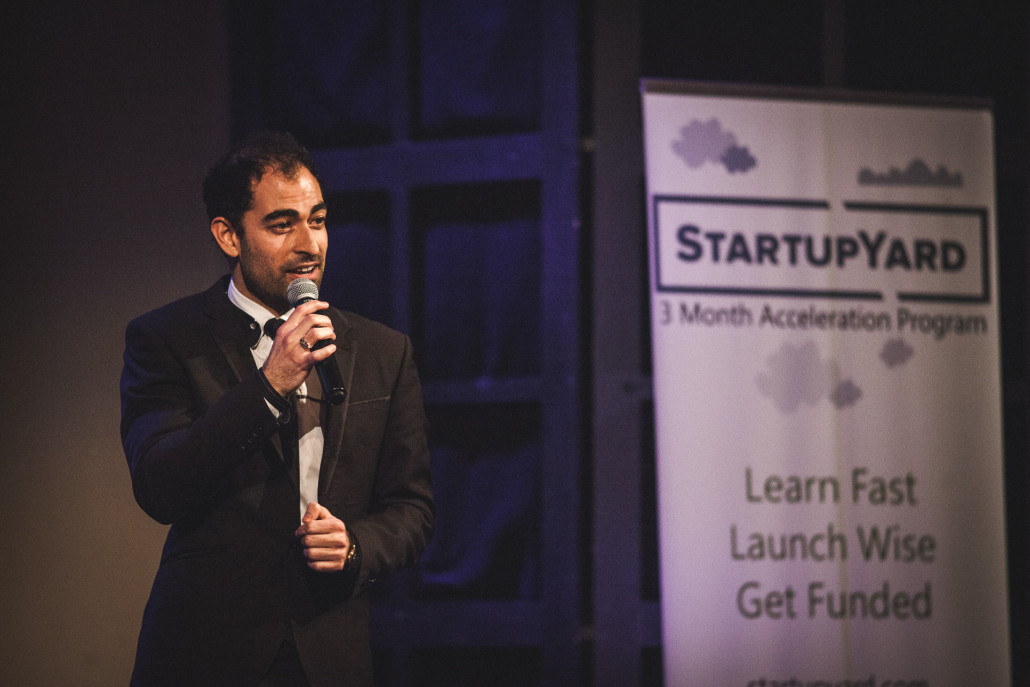
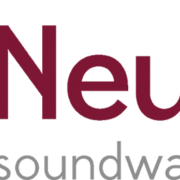
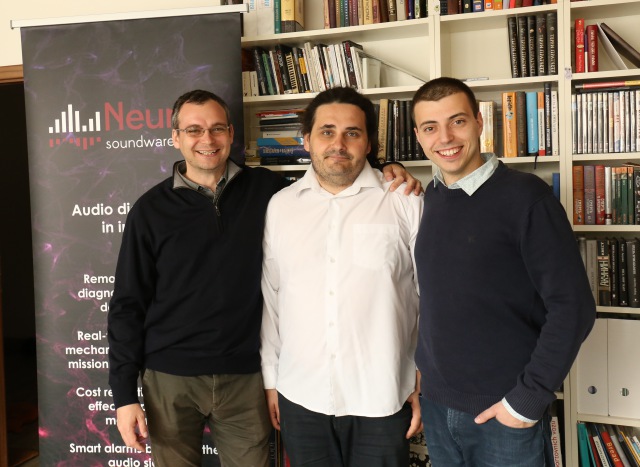
 Pavel with CoFounder Filip Sedlak
Pavel with CoFounder Filip Sedlak Pavel Konecny, CoFounder and CEO
Pavel Konecny, CoFounder and CEO